Debt is the most common thing that most of us face and with the evolution of top credit cards, it reaches its heights. Whether it’s student debt, credit cards, mortgages, auto loans, or any other debt, we meet some sorts of debt once in our lifetime that darken our financial futures.
You’re not alone in this journey. In fact, the total debt of the United States exceeds $ 21 billion, and in the fiscal year 2018, we spent about $ 325 billion on the eradication of our sovereign debt.
List Of Steps To Help Get Out Of Debt:
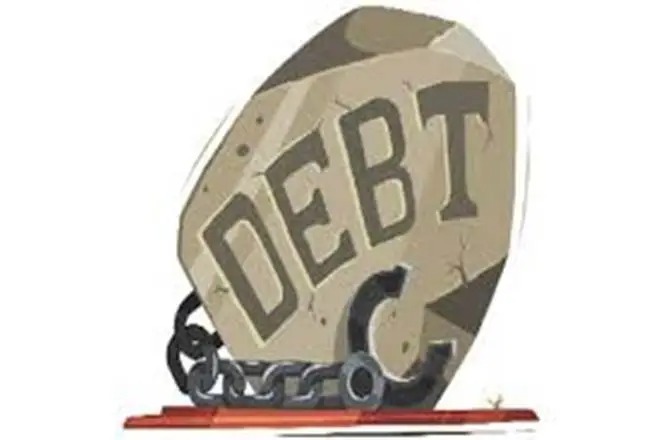
Here is the list of steps to help you get out of debt, let you remain debt-free in the future. Moreover, it helps you to build good credit for the long run.
1. Create a Debt Repayment Plan:
The first step in getting out of debt is to draw up a debt repayment plan. A good debt repayment plan helps you focus on the extra money you pay for your debt and speeds up the time it takes to settle your debt. You must specify the order in which you must pay your debts. It can also help you track your progress, encouraging you to continue getting rid of debt.
It is important to focus on debt reduction after the launch. You would not want to go back and end up borrowing more. You can set a budget and use the extra money you save to settle the debt. You can also sell items and do extra work to speed things up.
If you make additional payments, you’ll need to know your bank’s guidelines for additional payments so you can get the most out of your additional payments every month. You should try to raise an additional $ 1,000 to cover these costs.
2. Reduce Your Debt Ratio:
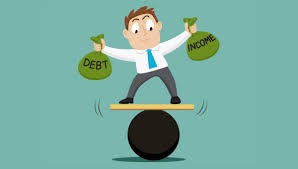
It is important to keep your debt ratio low. Your debt-to-income ratio can affect the type of mortgage loan you qualify for. Your debt-to-income ratio can also help you determine your current financial status. If your debt ratio is more than thirty percent, you really need to work to reduce that number as quickly as possible.
Your debt ratio compares the number of monthly payments with the amount you take home every month. This is often a good indicator of whether the credit has been exceeded or not. When you rent, you can include your rental payment in your numbers, taking into account your debt-to-income ratio.
3. Simplify Your Debt:
Start your debt-free journey by consolidating your unsecured debts. This does not reduce the total amount you owe but merge these accounts with a lower average interest rate. In addition, consolidating your debt can improve your credit score.
Here are the three options for Debt consolidation:
- Apply for a personal loan
- Balance transfer with credit card
- Apply for a mortgage line of credit
Personal Loans:
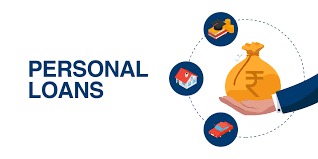
Personal loans are traditional loans offered by banks, credit unions, and through various online lenders. These loans are not guaranteed and will be repaid in installments over a period of two to seven years.
You can search for Even Financial, a private lender who can approve a $ 1,000 to $ 100,000 loan to pay off your debts. Verifying that you qualify does not affect your credit rating. Remember, you can not get a lower interest rate with a personal loan.
It could be higher than the APR of your credit card. Loans have fixed interest rates and payments have to be made monthly. Read the terms carefully and make sure that you can make the payments before you sign the loan.
Read More: When Are Personal Loans A Good Idea?
Credit Card With a Balance Transfer:
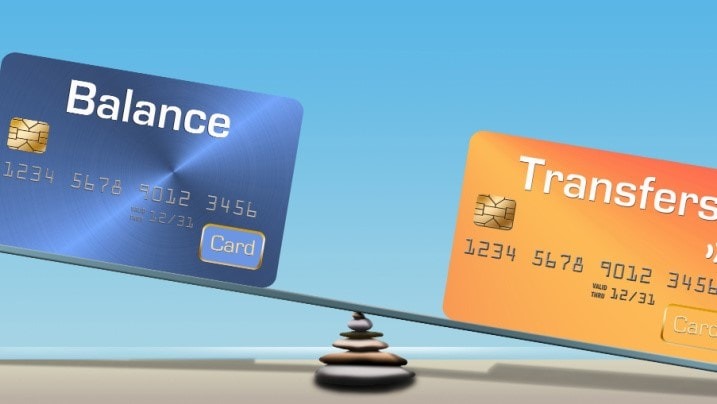
Transferring your debts to an account balance transfer card with an annual percentage (APR) of 0% is a great way to stop collecting interest and focus on repaying your debt. Note, however, that fees of up to 5% of the amount transferred may be charged.
Therefore, check whether you receive a free credit transfer card. If you have to settle for a credit card, make sure it costs no more than the interest you save. Otherwise, the card is not worth it.
Mortgage Line of Credit:
If you own and accumulate capital in your home, you can consolidate your debts by drawing a line of credit on home equity or HELOC. It is a revolving credit line similar to a credit card: you can use, pay, and reuse it. In particular, you will use it to pay other debts.
HELOC benefits include relatively low-interest rates, which currently average around 6%, compared to an average credit card APR of around 17%. And you can get a home equity line of credit even if you have a bad credit line.
A major disadvantage of a HELOC is that you are insured with your home as collateral. This means that you can lose your home if you do not make your payments. Also, do not rely on the deduction of your HELOC interest: The 2017 tax law has completed this termination with HELOC for debt consolidation.
4. Go For a Side job For an Additional Source of Income
With so many concurrent jobs available in the country, there is certainly one that fits your needs and lifestyle. It has never been easier to start your own business! If you have a talent for doing business, you can sell your products online or if you are an animal lover, you can take dogs to walk or take care of pets. If you have a good eye and a good camera, you can approach customers for photoshoots.
With Uber and Lyft, you can set your own schedule and earn extra money in your spare time by driving others where to go. Another way to earn money with your car is to sign up for Door Dash and get paid for food delivery. It’s as easy as taking orders and leaving them to hungry customers.
5. Sell Your Unwanted Stuff
By selling items that you do not use, you can free up space in your home or garage while generating cash to pay off your debts. First of all, take stock of your damage and see what you can sell.
The hardest part is the connection with the buyers. A free application like Decluttr is a great way to find buyers for your guides, CDs, DVDs, games, and gadgets.
Unlike other apps, Decluttr is a one-stop-shop that lets you estimate the value of your items, receive free postage to ship your items, and receive payment the next business day after the buyer receives your items.
6. Rent Your Extra Space
A little free time and a spare room are all you need to earn extra income as a host at Airbnb. You can choose when and how often you stay. You can share a spare room in your apartment or offer your entire house the next time you leave the city. With Airbnb, you can easily make money by renting your extra space.
7. Use The Snowball Method
Another way most of us like to pay our debts is by paying small amounts first with our credit card. This can have a strong psychological impact on many people, as it may seem that they have already made progress. This can be very encouraging and motivate many people to continue paying their debts. That’s how it works:
You need to use all the extra money you find to pay for your credit card with the least credit (ignore the interest rates and focus on the card with the least credit). Paying for this card will give you a quick win and a sense of satisfaction and success.
Do not pay the monthly minimum payment you pay each month with your smallest credit card. Instead, start by paying your credit card balance. Of course, invest as much money in this debt as possible to settle it as soon as possible. The key, however, is to first release the smallest credit on your credit cards.
With the monthly payments you release, you can pay the next larger credit card even faster. In this way, you will essentially achieve a snowball effect.
You need to repeat this process by focusing on paying off the balance of your smaller credit card with the money you received from the previously paid smaller cards. With the monthly snowball payment made by this method, your debts are paid faster and faster and you feel more motivated as you pay for one card at a time.
8. Pay Your Previous Debts
A big goal is to repay old debts that you have dropped. This can be a complicated process and you should make sure you are getting it right. When you start settling your previous debts, you must contact a company and enter into an agreement with them.
This can help to improve your credit report. This process takes time. You have to save for each debt individually. You also have to pay taxes on every amount you spend, so you must also book money for it.
9. Do Not Use Credit Cards Anymore
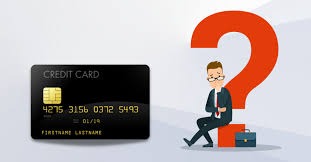
One of the first steps to getting out of debt is to stop deepening debt each month. This means you should no longer use your credit cards each month. This can be a difficult process, especially if you use it monthly to remedy the shortcomings. Always take care of what you can do to stop using credit cards each month.
10. Find Lower Interest Rates Through Balance Transfers
You can often find a lower interest rate or use a zero percent interest rate to make payment of your credit cards faster. You should only do this if you stop using your credit cards. Also, contact your bank to find out if you qualify for a lower interest rate. Both strategies can help you to accelerate the advance payment of your debt.
What Mistakes People Do When Trying To Clear Their Debts
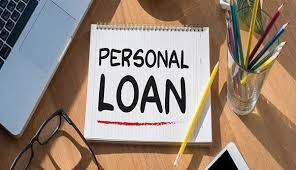
1. Do Not Reserve Emergency Savings
According to the study, more than half of US consumers (57%) do not have enough money to cover unexpected expenses of $ 500 or more.
Unemployment, car accidents or pipe bursts are unpredictable. Every household needs an emergency fund. Experts say people should schedule 3 to 6 months for emergency expenses. Focusing on debt repayment may take a while, but it should also be part of your monthly budget. Reserve at least 5% of your income in an emergency fund, at least until you have three months covered expenses.
2. Maintaining The Same Old Habits?
People are habitual animals and spending money is no exception. We buy in the same shops, eat in the same restaurants and drive the same car because it is comfortable. It also costs you more than you can financially manage.
If you do not change your consumption habits, you can not settle your debts. Start with your morning habits (drink your coffee and have breakfast at home). Go for lunch with a brown bag, not a wallet. Watch games or movies on TV while you enjoy a home-cooked meal. You will see an immediate impact on your daily spending habits. I cannot do without it. Just have to make better decisions with what you do.
3. Do Not Build a Realistic Budget
It is not only difficult but is impossible to control your finances without a budget. People think it’s too much work until they have $ 20,000 in credit card debt and wonder how it has happened in the world.
To solve this problem, you can develop a realistic budget that meets the financial needs of housing, food, medical care, insurance, and education, while creating a space for the eradication of your debts. Save credit cards and pay only in cash. It could mean reducing or eliminating things like restaurant dinners, receptions, clothing, cars, or electronics, but if you really want to eliminate debt, budget cash payment is a good place to start.
4. Trying To Pay Multiple Debts at The Same Time
Consumers with multiple sources of debt like credit cards, mortgages, student loans, etc. often try to pay them each month altogether which is a very bad idea.
To fix this, you need to return to your budget, reduce your overall costs, but essentially, and make a surplus of $ 100 (or preferably $ 1,000), which goes directly to the highest interest rate credit card. When this is paid, look for the card with the next higher interest rate and continue until all credit card debt has been eliminated.
5. Closing Accounts
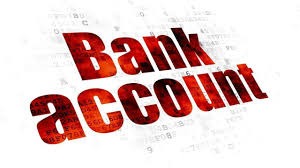
Most of the people close their account after paying their bills, you can pay the bill but not close it. Credit rating systems depend not only on how much money you owe but also on how much credit you have. If credit is available but not in use, it shows moderation and with that, you can improve your score in the future.
6. Try To Get Out of Debt on Your Own
People are reluctant to seek the help of their family or friends to settle their debts. You can call a nonprofit credit counseling center and get free expert help. Credit counselors are trained and certified by national organizations such as the National Foundation for Credit Counseling.
You can suggest solutions for debt relief, such as Eg debt management programs, loan consolidation, debt settlement or, if things are much better, bankruptcy. Credit counselors advise you on budgeting and recommend a takeaway solution. And it’s free! You can enjoy it at any time.
7. Not Investing in a Retirement Account
Although it seems logical to spend all sorts of dollars on debt reduction today, this is a costly mistake in the long run.
You must pay at least 5% to 10% of your income into the retirement plan as soon as you start working, and you must not allow debt forgiveness to be the cause. Time is the most powerful tool for retirement. The sooner you invest in a 401 (k) or another pension fund, the better it is to retire. Find other jobs in your budget to pay for the credit card bills.
8. Do Not Check if Your Credit Report is Correct
Checking your credit report for inaccuracies is an important step in reducing your debt. They have a free credit report from each of the major credit bureaus like Equifax, Experian, and TransUnion. Split it every four months. Carefully examine them for late-payments and/or incorrect credit that could affect your creditworthiness and affect your ability to buy a home or car or get more credit.
9. Do Not Give Priority to Bills
Everyone has bills and most of us want to get out of debt, but some people simply can not concentrate. It is not a priority for them.
The best solution would be to consolidate your debts and make a single payment each month. Another way to concentrate is to take a sheet of paper the size of a credit card and write down the five debts you want to get rid of. Insert this piece of paper into your credit card. Each time you search for this map, you are reminded that you are adding topics to this page rather than subtracting them.
What if The Debt is Too High To Pay Off?
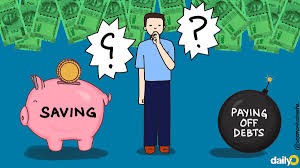
Sometimes the debt is too high and you may be afraid never to pay for everything you owe. You have certain options for the end ones, such as getting a debt management plan or submitting a bankruptcy petition.
Filing for bankruptcy is one of the most damaging circumstances for your loan and should only be a last resort. Depending on the type of bankruptcy you are reporting, the negative information will remain in your credit record for seven to ten years. You can have all your debts removed, or you must accept a plan to pay at least part of your debt.
If your debt management plan does not work and you want to file for bankruptcy, you may want to first consider a debt consolidation loan to simplify your payments and lower your interest rates. Look for these loans for Experian Partners offering debt consolidation loans with competitive annual percentages (APRs).
Loans With Competitive Annual Percentages (APRs)
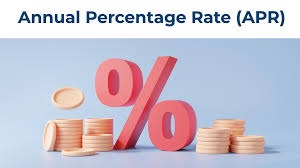
With Best Egg, you can borrow up to $ 35,000 to help you consolidate your other debts. If offers the possibility of a low-interest rate (5.99%) depending on its solvency. Applying Egg loan is very easy and you can apply it online as well. If approved, you can receive your money in one day.
With Lending Club, you can borrow up to $ 40,000 at an annual interest rate of 6.95% to 35.89%, depending on your credit rating. LendingClub can tell you what interest rate you can claim without generating a full query in your credit report. And if you need money fast, LendingClub can fund loans in just three days.
Prosper accepts applicants with a FICO Score of 640 or higher and offers fixed interest rates between 6.95% and 35.99%, depending on their credit rating. If you qualify for a low-interest loan, you can borrow up to $ 40,000 to consolidate your current balance, speed up payments, and save interest costs. Prosper has a simple online application process and informs you about your interest rate without compromising your creditworthiness.
Once you have reduced or even eliminated your debts, you can start rebuilding your loan through good credit and financial management. Pay all bills on time and avoid charging your credit card balance from month to month.
Conclusion:
As with losing weight, the settlement of debt takes time and you can’t do it overnight. With proper diligence and patience can do it too. Do not worry if you have to make adjustments on the way or if it slips. It’s not a quick fix, it’s about taking control and changing your habits and behaviors so you can achieve your financial goals.
Stick to the tips that we have mentioned above and avoid the mistakes that most people do while paying off their debts and you will surely enjoy a debt-free life.
Let me know in the comments section below, what you liked the most and what’s your suggestion on eliminating the debts.
Read More:
Top 9 Car Insurance Companies In USA
Top 16 Investing Quotes Of All Time

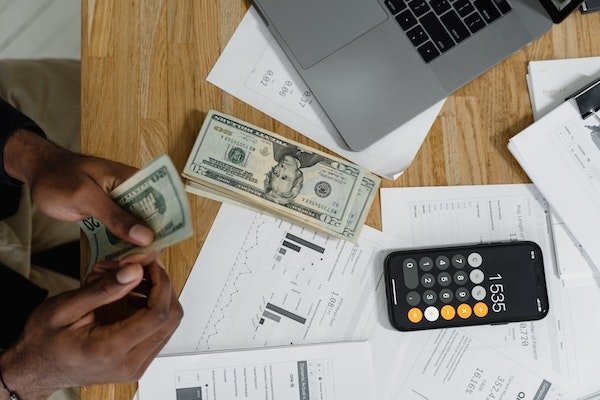
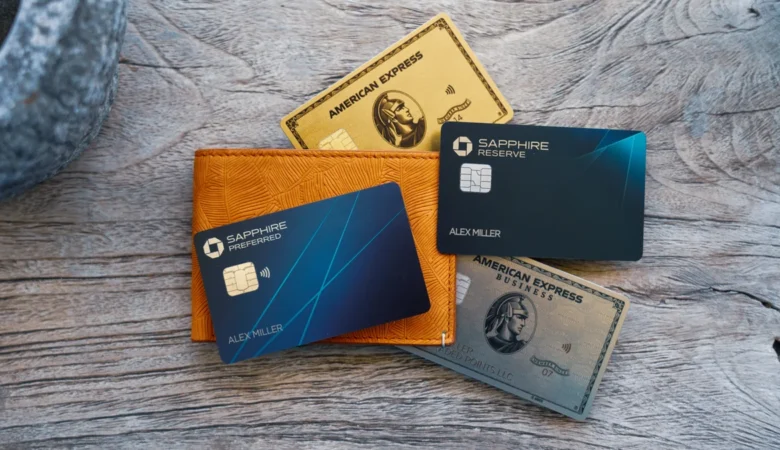

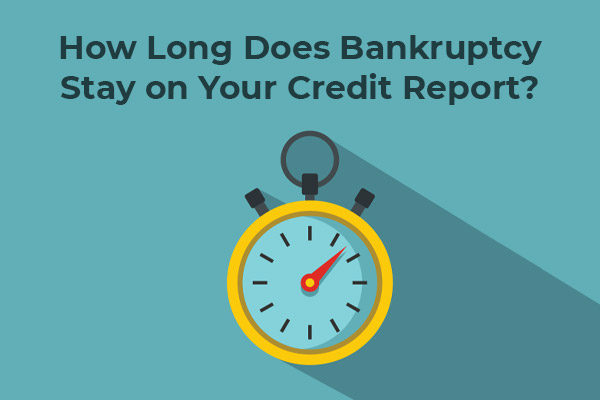
Thanks for this post. I got some new information from this post! Thanks for posting this amazing info!